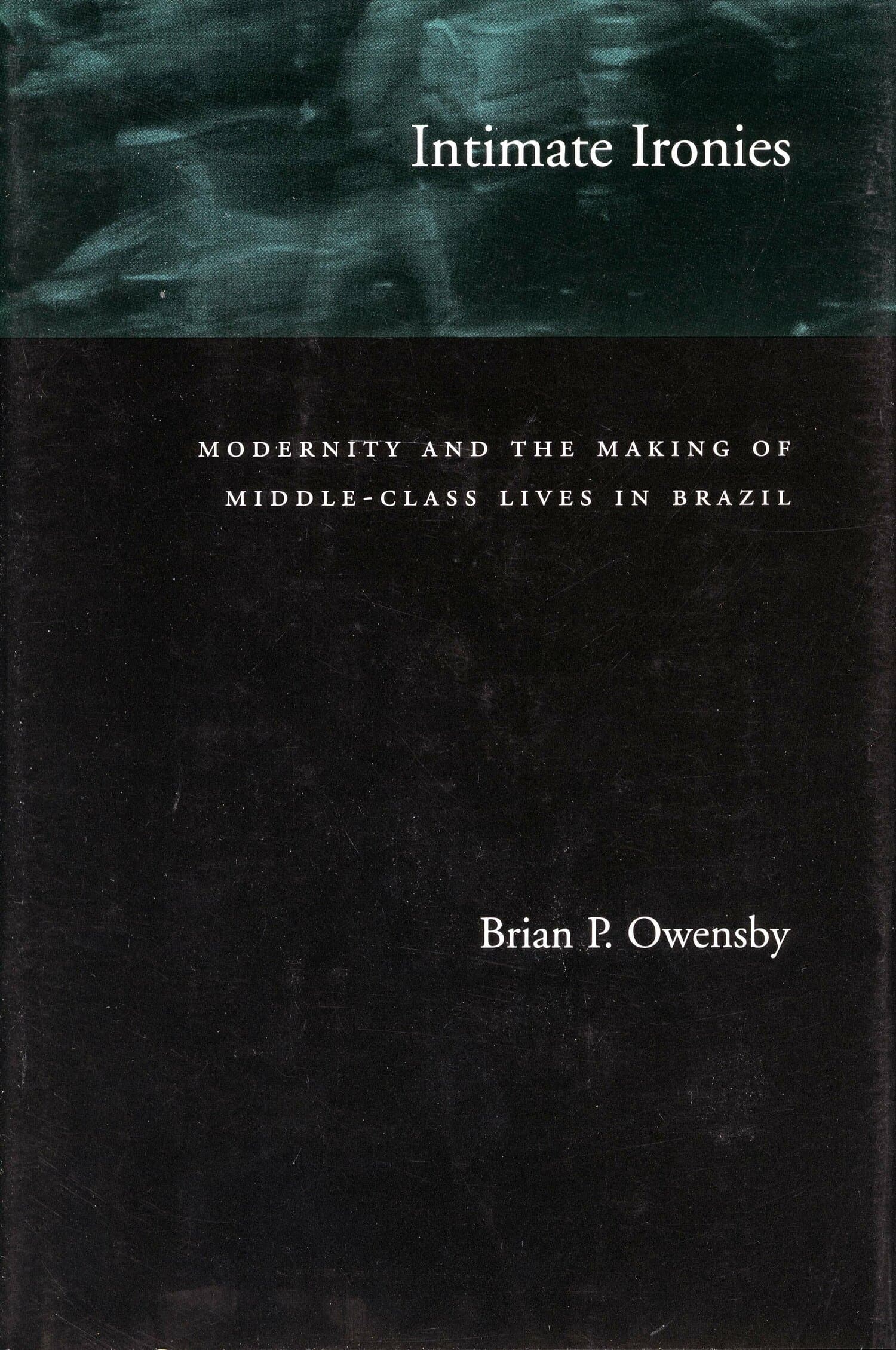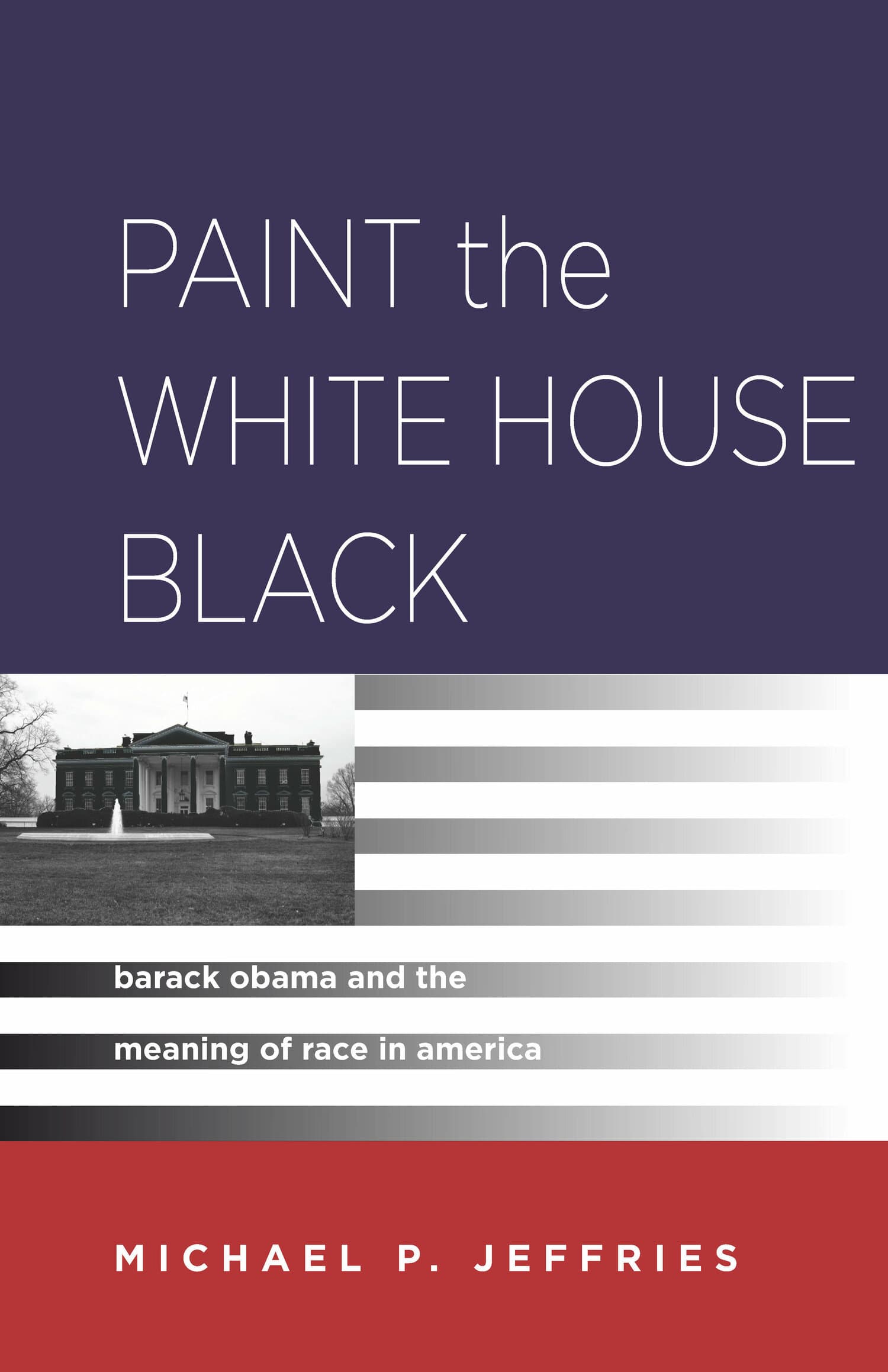Black Privilege

In their own words, the subjects of this book present a rich portrait of the modern black middle-class, examining how cultural consumption is a critical tool for enjoying material comforts as well as challenging racism.
New York City has the largest population of black Americans out of any metropolitan area in the United States. It is home to a steadily rising number of socio-economically privileged blacks. In Black Privilege Cassi Pittman Claytor examines how this economically advantaged group experiences privilege, having credentials that grant them access to elite spaces and resources with which they can purchase luxuries, while still confronting persistent anti-black bias and racial stigma.
Drawing on the everyday experiences of black middle-class individuals, Pittman Claytor offers vivid accounts of their consumer experiences and cultural flexibility in the places where they live, work, and play. Whether it is the majority white Wall Street firm where they're employed, or the majority black Baptist church where they worship, questions of class and racial identity are equally on their minds. They navigate divergent social worlds that demand, at times, middle-class sensibilities, pedigree, and cultural acumen; and at other times pride in and connection with other blacks.
Rich qualitative data and original analysis help account for this special kind of privilege and the entitlements it affords—materially in terms of the things they consume, as well as symbolically, as they strive to be unapologetically black in a society where a racial consumer hierarchy prevails.
"A common view of consumption is that it is a source of alienation for blacks. Cassi Pittman Claytor's incisive portrait of consumption among those who are black and privileged challenges us to rethink this view. In an engaging style, Pittman Claytor shows how consumption is a resource for middle-class blacks as they navigate a world where race still matters. Black Privilege is an important and necessary addition to the literature on consumption and inequality."—Patricia A. Banks, Mount Holyoke College, author of Diversity and Philanthropy at African American Museums
"Cassi Pittman Claytor skillfully uses the narratives of young black professionals to illustrate that it's possible to be able to afford a lifestyle of considerable luxury and leisure and still maintain and cultivate bonds of racial solidarity across class lines. Black Privilege is a crucial intervention in the study of black life, and the study of class and culture in the U.S."—Mary Pattillo, author of Black on the Block: The Politics of Race and Class in the City
"A rich and nuanced portrait of the black middle class. Pittman Claytor's insightful analysis should be read widely by college students and wider audiences, for it skillfully and beautifully mobilizes the sociological imagination to make the familiar and taken-for-granted visible."—Michèle Lamont, co-author of Getting Respect
"This vivid account will be an eye-opener for white readers and will deeply resonate with trained and educated blacks. Narrating original data on race, class, and consumption, Black Privilege is one of those rare studies that leave an indelible impression on readers' minds."—William Julius Wilson, Harvard University
"In this compelling ethnographic account of middle class Blacks in New York City, Pittman Claytor breaks new ground in the study of black cultural capital and the complex ways her subjects use lifestyle practices to navigate race and class. A major contribution to race, consumption, class, and urban studies. A must-read and must-teach."—Juliet Schor, author of After the Gig
"Cassi Pittman Claytor's Black Privilege brings rich ethnographic detail to the study of the Black middle class. Showing both the opportunities and restrictions of Black cultural expression and consumption, Claytor expands our understanding of the workings of privilege by underlying the necessity of considering how it is racialized."—Shamus Khan, Professor author of Sexual Citizens
"Black Privilege is a welcome addition to contemporary research on the US Black middle class. What sets it apart is that it treats the marketplace as a mainstage on which members of the Black middle-class act out their joys and challenges in everyday life. It focuses our attention on how these actors deploy their skills, tastes, and practices—their Black cultural capital—sometimes just to survive and at others to thrive."—David Crockett, University of South Carolina
"Cassi Pittman Claytor pushes the reader to think about the ways the unique set of experiences, advantages, and opportunities of members of the Black Middle Class are deployed through cultural and material capital within and across race, class, and Black Middle Class boundaries and identities in their neighborhoods, at work, and amongst peers. This book is most compelling for its engagement of cultural processes, the development of the concept of Black cultural capital, and the author's methodology."—Candice Robinson, Social Forces
"Black Privilegeoffers uncommon insight into the Black middle-class, examining the critical importance of cultural embrace in enjoying material comforts and overcoming racism. This must-read is an eye-opener for anyone curious about the intricacies of Black wealth and status advancement in America."—Diamond-Michael Scott, Great Books, Great Minds
"The black middle class – frequently and paradoxically ignored, overhyped or mischaracterized in popular discussion – is always in need of new research. Cassi Pittman Claytor's new book is a welcome contribution."—Eric S Brown, Ethnic and Racial Studies
"Cassi Pittman Claytor's Black Privilege is a brilliant read, with a certain richness in each chapter, paragraph, and page as well as between each line. Claytor and the respondents in Black Privilege provide a clear glimpse into the lives, lifestyles, and consumption patterns of Black middle-class adults in the New York City area."—Kris Marsh, American Journal of Sociology




